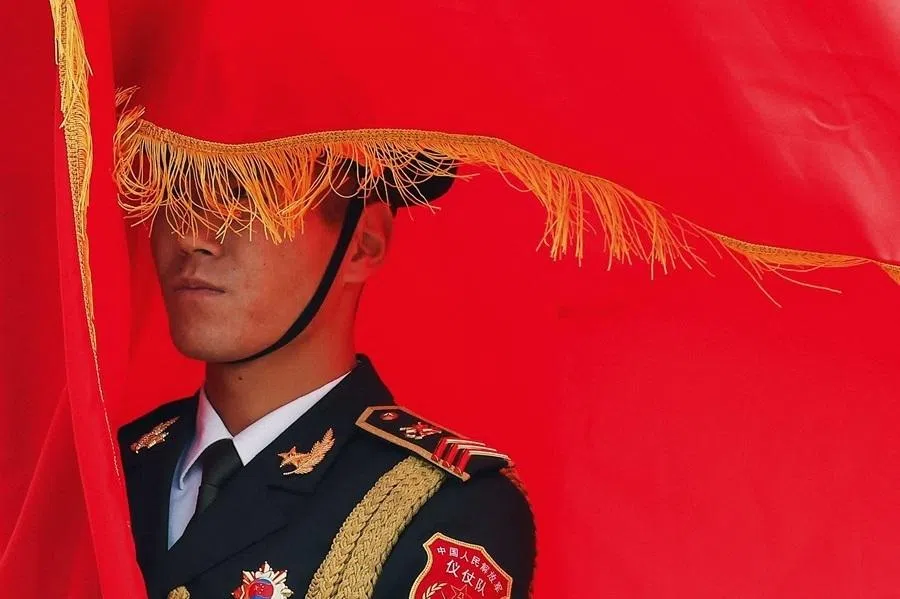Can the US treat China as an enemy — and still ask for rare earths?
Washington’s confrontational stance toward Beijing may play well politically — but it undermines the cooperation it still quietly depends on, observes US academic Zhu Zhiqun.
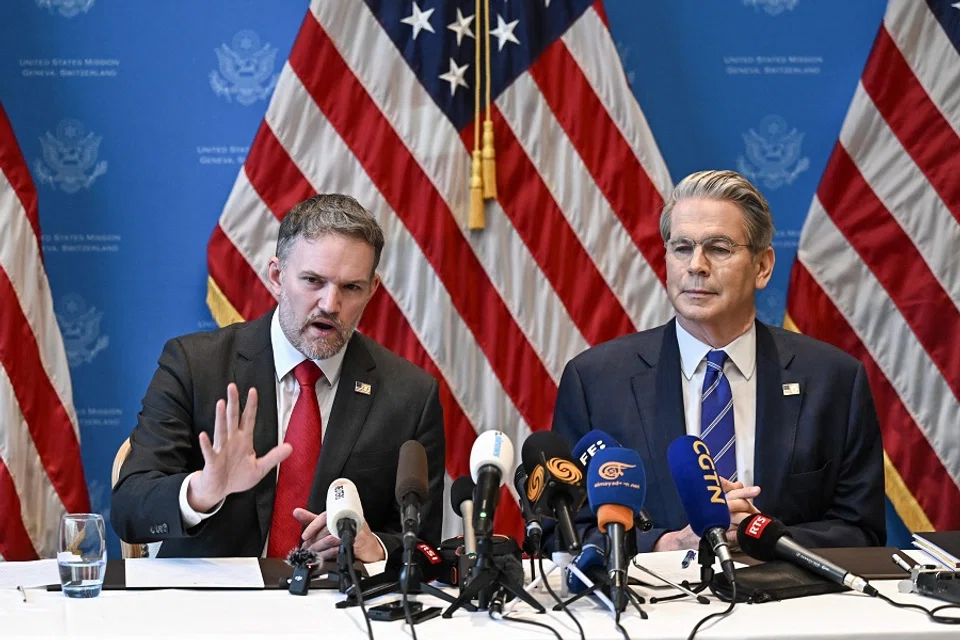
US President Donald Trump recently accused China of violating a trade agreement reached by the two countries in Geneva in early May, suggesting that China is reneging on its promise regarding rare earth exports to the US.
What exactly is going on? What explains the stalled trade negotiation between the two countries?
US media have reported, but the Chinese side has not confirmed, that during the Geneva talks, US trade negotiators demanded that Beijing resume rare earth exports. Chinese Vice-Premier He Lifeng agreed in the final hours of the marathon discussions with US trade representative Jamieson Greer and Treasury Secretary Scott Bessent. In return, the US signed on to a 90-day tariff truce, with both sides slashing most of the tariffs they had imposed on each other.
Details of the negotiations are unavailable, especially about the promises that each side made to the other. Since Geneva, however, both sides have complained about the other side’s breach of the agreement.
Apparently, the two governments are having difficulty even scheduling such a call. Deep distrust is apparently preventing the two leaders from picking up the phone.
China playing the rare earths card
While Washington blames Beijing for slow-walking approvals for rare earth export licenses and other elements needed to make cars, chips and military equipment, Beijing points out that the day after the Geneva agreement, the US expanded sanctions against Huawei, with the US Department of Commerce issuing a warning against the use of Huawei’s Ascend artificial-intelligence chips “anywhere in the world”. More recently, the Trump administration further tightened export controls, restricting critical US technologies to China, such as those related to jet engines, chips, as well as certain chemicals and machinery, including those needed to make C919 commercial airliners.
It is pointless to figure out which side undermined the Geneva consensus first. The quarrel over rare earths and critical technologies highlights the fundamental problem between the two countries today: lack of basic trust and goodwill.
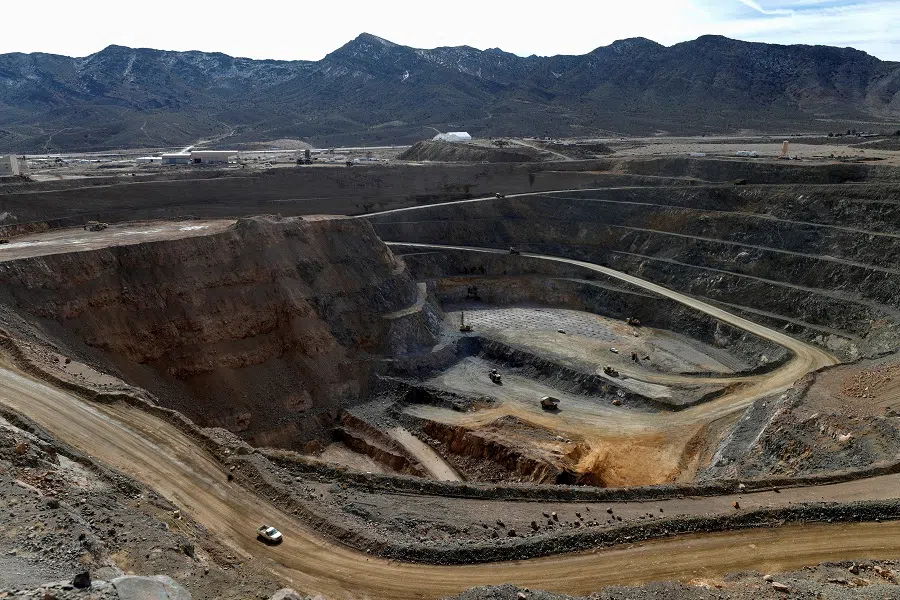
President Trump and President Xi Jinping only spoke once before Trump took office in January 2025. Although Trump has said many times that he and Xi would call each other “very soon” or even “this weekend”, it has not happened yet. Apparently, the two governments are having difficulty even scheduling such a call. Deep distrust is apparently preventing the two leaders from picking up the phone.
The two countries also approach the trade dispute differently. The Trump administration tends to view trade as a primary and single issue to be addressed, in isolation from other contentious issues between the two countries. In contrast, the Chinese tend to view trade in the context of broad bilateral relations. From Beijing’s perspective, if the overall relationship is friendly, trade or any other deals will be much easier to reach.
What the Trump administration’s true intentions are towards Chinese students is hard to tell, but the damage is already done to the bilateral relationship.
Larger bilateral relations strained
Unfortunately, recent developments have further poisoned the relationship, which makes it more difficult to rebuild trust and renew the relationship.
Most notably, Secretary of State Marco Rubio announced on 28 May that the US will be aggressively revoking visas for Chinese students, including those with connections to the Chinese Communist Party (CCP) and studying in critical fields. It is unclear what “connections” with the CCP or “critical fields” mean, but such a sweeping policy is viewed as a hostile act by many Chinese, let alone the Chinese government. If seriously implemented, the policy will undoubtedly exacerbate the already strained relationship as well as lose the hearts and minds of many future leaders of China.
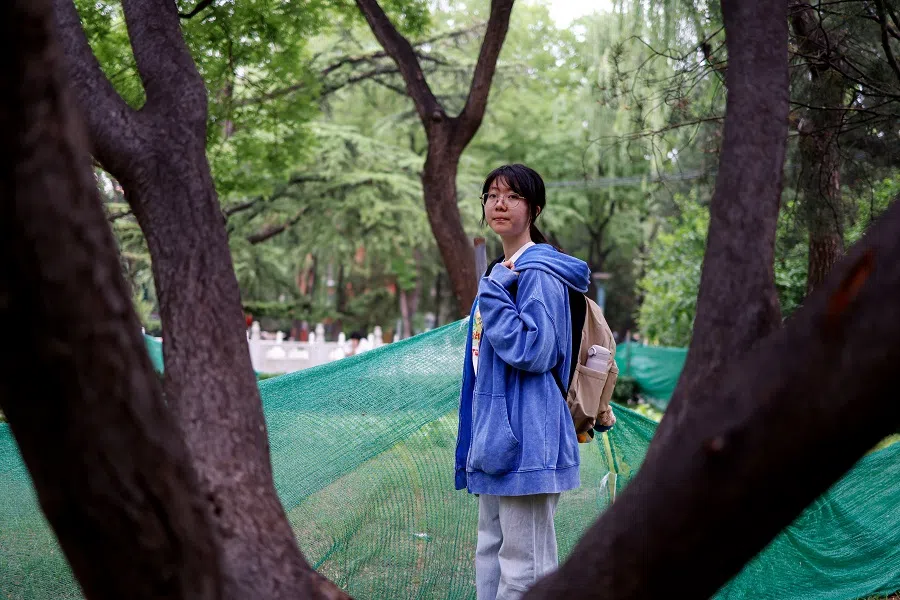
Typical of the Trump administration which often issues contradictory and confusing announcements, two days after Rubio’s visa statement Trump himself said that Chinese students in the US would be OK. What the Trump administration’s true intentions are towards Chinese students is hard to tell, but the damage is already done to the bilateral relationship.
Relatedly, the Trump administration is punishing Harvard University for allegedly “fostering violence, anti-Semitism and coordinating with the Chinese Communist Party on its campus”. Apparently, engaging and working with people related to the CCP is a crime now. Educational and cultural exchanges that have been mutually beneficial since the early 1970s are now in jeopardy.
The Trump administration’s antagonistic attitudes toward China cast a pall over the tariff war truce. Given the dark cloud over the relationship, it is hard to imagine that trade negotiations can proceed smoothly. Since trust is lacking and the foundation of the relationship is shaky, any agreement they reach will be fragile.
Nowadays, sinophobia dominates Washington politics, and no one is talking about cooperation with China anymore.
China reportedly controls 90% of the market for the rare earth metals. It is one of the few cards China holds in the trade war. US officials and politicians have repeatedly stated that China is the principal threat to US national security. Why would the US government expect China to give up the rare earth card to please the US if it treats China as the enemy?
No more cooperation?
This interdependent relationship has always been marked by both competition and cooperation. Yet nowadays, sinophobia dominates Washington politics, and no one is talking about cooperation with China anymore.
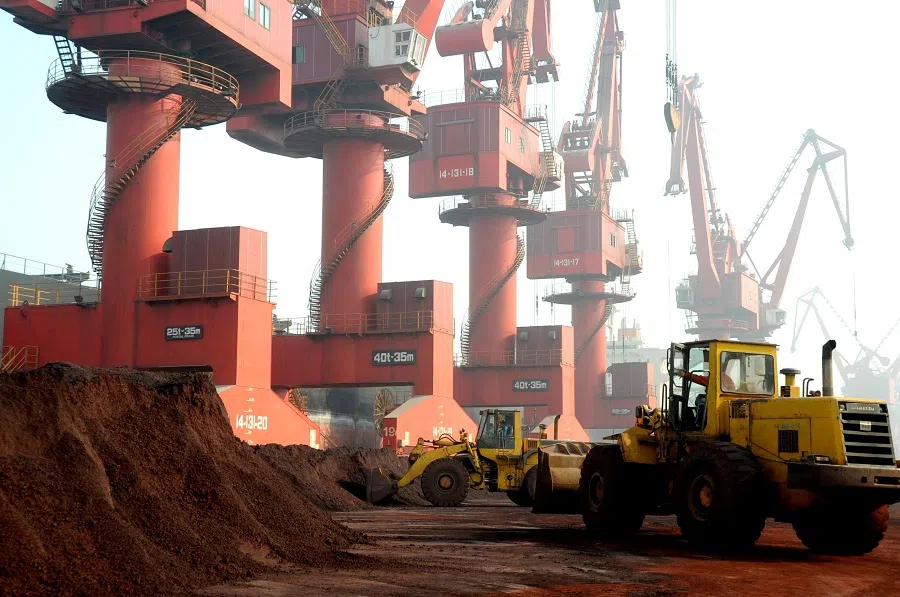
A case in point is fentanyl. It is a powerful political issue and a key concern for the US. The two countries have worked together at least since 2019 to tackle it. Though China has imposed strict regulatory controls on the production, sale and export of drugs, it remains the major supplier of precursors for fentanyl.
The Chinese government should show more empathy and do more to help the US by tightening loopholes in the export of fentanyl ingredients, even though Chinese officials insist that drugs are a longstanding domestic problem of the US. Clearly, more cooperation is desirable to address this issue. However, labelling China as a national security threat gives Beijing little incentive to work with Washington on fentanyl.
Ironically, although Trump officials have been trying to dismantle the interdependence that grew between the two countries over the past 40 plus years, Trump himself seems less hawkish towards China and remains respectful of Chinese leaders.
Both sides must be realistic and willing to compromise.
Leaders need to step up
Leadership still matters in international relations. It’s time for Trump and Xi to call each other to curb the downward spiral of bilateral relations and reset the relationship before their teams can move on to address specific issues. To help create a better diplomatic environment, Trump may wish to rein in his cabinet members, such as Rubio and Defence Secretary Pete Hegseth, whose views and rhetoric about China are deeply shaped by their anti-communist ideologies. Mutual respect and diplomacy have a long way to go.
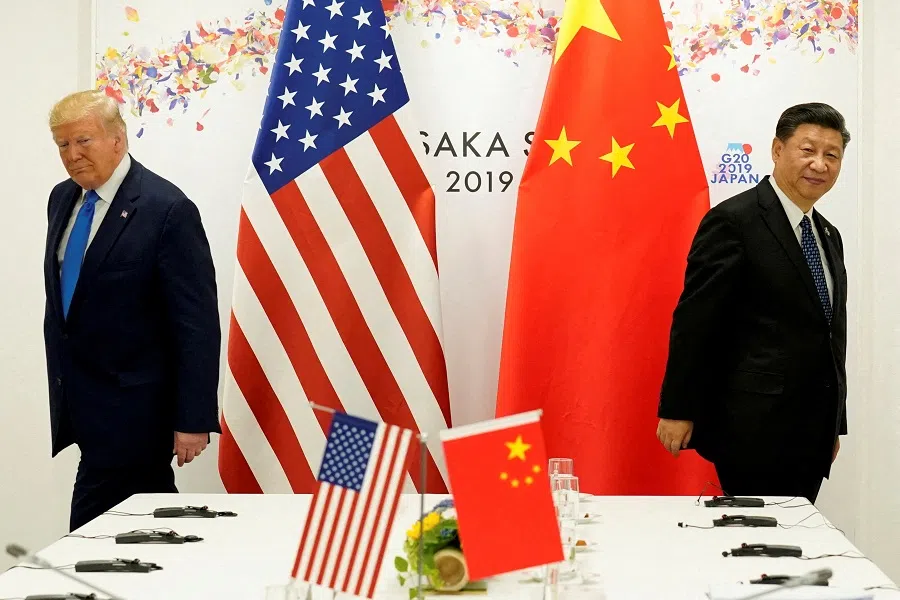
Moving forward, both sides must be realistic and willing to compromise. Using rare earths and high technologies as tools to punish each other are counterproductive and do not serve the two countries’ best interests. Beijing will be unable to reverse Americans’ negative perceptions of China if it does not address Washington’s concerns seriously. Washington will fail to win Beijing’s cooperation in resolving bilateral, regional and global problems if it insists that China is the principal threat.
Both powers must focus on their domestic problems and challenges. Blocking China’s development, a mission impossible, will not make America great again, just like being carried away by the notion “the East is rising and the West is declining” will not help achieve the Chinese dream.
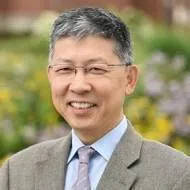


![[Big read] When the Arctic opens, what happens to Singapore?](https://cassette.sphdigital.com.sg/image/thinkchina/da65edebca34645c711c55e83e9877109b3c53847ebb1305573974651df1d13a)

